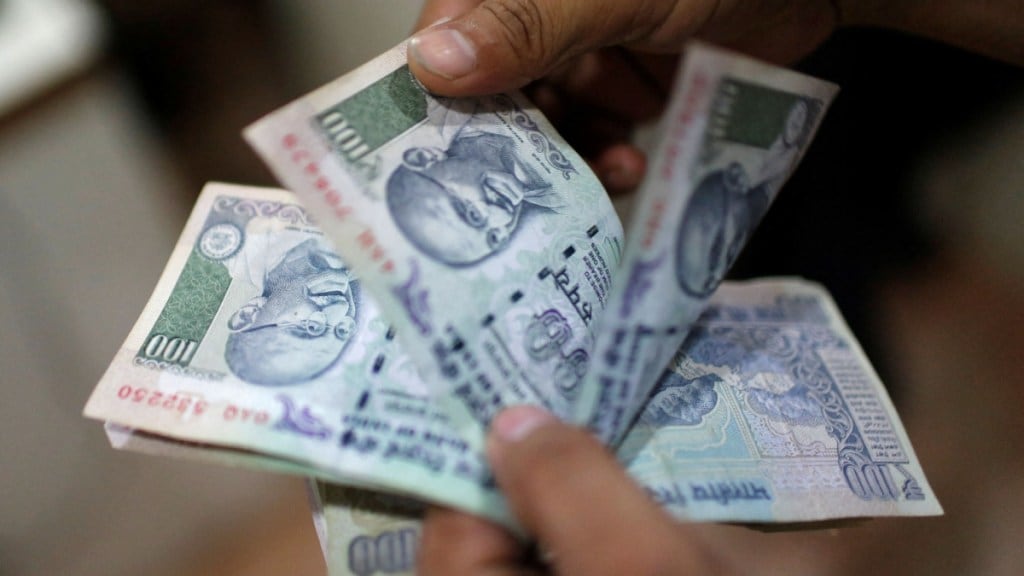With banks and non-banking finance companies (NBFCs) being barred from lending for buying land and related purposes, home-grown alternative investment funds are making the most of the situation.
According to industry estimates, domestic funds have lent over Rs 8,000 crore towards land buying and related purposes in 2023. Though global funds have lent big amounts towards this space, not much is there in public domain.
With booming home sales, Motilal Oswal Alternatives (MO Alts) expects the opportunity to lend for land buying could touch $3-4 billion (Rs 24,600 crore to Rs 32,800 crore) in the next two years.
The RBI prohibited banks from lending for land buying in 2006 and NBFCs were barred from doing so in September 2022, opening the avenue for funds and other investors.
MO Alts last month said it raised Rs 1,250 crore as part of the first close for its Rs 2,000-crore fund, India Realty Excellence Fund VI, which will focus on early-stage investments, pre-dominantly in mid-income/affordable residential projects across top eight cities.
“With tightening of restrictions on banks and NBFCs regarding capital usage and a promising outlook for the real estate market, we are strategically positioned to capitalise on emerging opportunities. The deal flow looks very promising as we have already built a robust pipeline of investment opportunities across major cities at attractive risk-adjusted yields,” Anand Lakhotia, co-head (real estate) at Motilal Oswal Alternatives (MO Alts), said.
Saurabh Rathi, co-head (real estate) at MO Alts, said it would have deployed over Rs 2,200 crore in pre-approval lending in the last two years. Given the scarcity of such capital and the risk involved, it expects to generate 19-21% internal rate of return depending on developer, project and other key parameters.
After raising Rs 1,500 crore for its real estate fund earlier last year, Blackstone-backed ASK group has launched a new property fund of similar quantum which will look at providing growth capital for land and related purposes. “Since inventory levels are low and growth capital is not available, there is a good opportunity for investors,” said Amit Bhagat, chief executive officer at ASK Property fund.
Bhagat said when sales are robust and developers have good amount of cash flows, they keep buying land, giving opportunities for funds to lend.
Residential sales are booming, with last year’s sales being the highest in a decade.
At Mumbai-based Nisus Finance, of Rs 1,200 crore deployed last year, about 20% or Rs 180 crore has been lent for land-related costs. The bulk of the capital is for FSI (floor space index) premium, TDR (transferable development rights), consolidation of land holdings and other land component-related costs, which directly improve on the land value and built potential, said Amit Goenka, managing director and chief executive at Nisus Finance.
Nisus is looking to lend about Rs 360 crore towards land this year, out of its total expected lending of Rs 3,000 crore. “We view land component being a more equity-linked investment which must generate equivalent returns compared to standard yields on debt or construction finance,” Goenka said.
Global funds such as PAG, Ares, Oaktree and others have done large deals in the last couple of years – from refinancing old loans to help developers buy land parcels. Experts expect that these funds have invested over $5 billion in Indian real estate over the last five years after the IL&FS crisis.
In 2022, PAG lent Rs 900 crore to Elan Group for land acquisition and growth purposes.
“With RBI barring banks from lending for land buying and subsequently prohibiting NBFCs from doing so, it opened up a new avenue for most of the AIFs to provide land acquisition financing, in addition to funding for brownfield projects in real estate,” said Vishal Shrivastava, executive director at Anarock Capital.
There have been quite a few transactions concluded by AIFs in the last 12 months purely for land funding. It is expected that this momentum will continue, Shrivastava said.


